Many people will likely endure uncomfortable vaginal dryness symptoms at some point. An imbalance in hormone levels, nursing, or certain drugs might contribute to this discomfort. It frequently has menopause as a connection. The reason determines the most common vaginal dryness treatments.
Table of contents:
- What is the lack of lubrication in the vagina?
- Is genital dryness typical?
- What causes lack of lubrication?
- What’s the sensation of a dry vagina?
- How is a dry vagina diagnosed?
- How is dryness in the vagina treated?
- Dryness in the Vagina before Period? Everything You Need to Know
- Vaginal dryness Causes
- What is lack of lubrication during pregnancy?
- How to Manage Vaginal Dryness throughout Pregnancy?
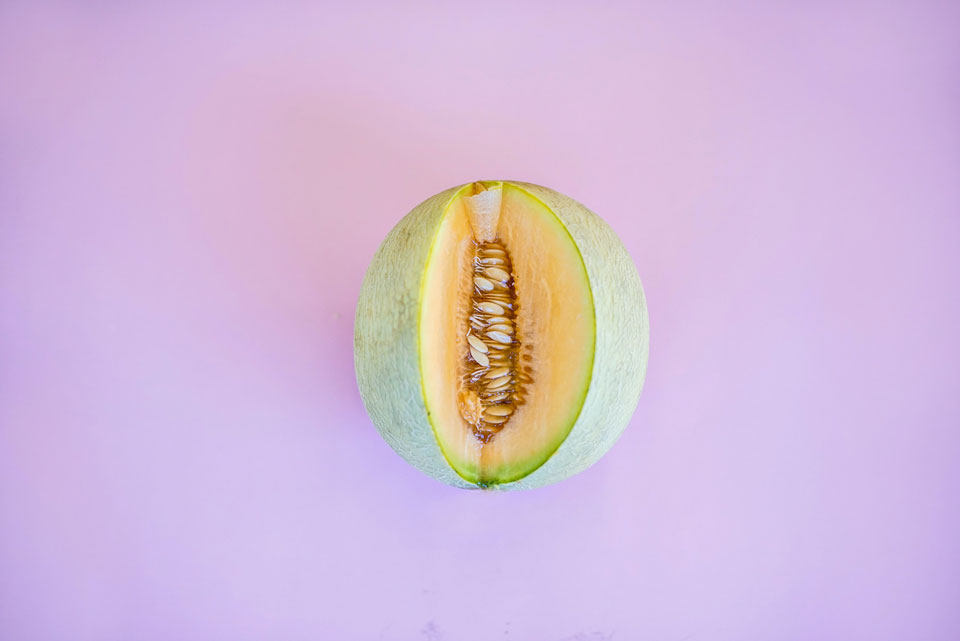

What is the lack of lubrication in the vagina?
An unpleasant symptom that lowers one’s quality of life is vaginal dryness. This causes pain, particularly when having sex. It can hurt when you sit, exercise, urinate, or engage in sexual activity. Your vaginal lining is often moisturized with fluid, keeping it thick and stretchy. When your vaginal tissues are weak, dry, and poorly hydrated, you will have vaginal dryness.
At any age, vaginal dryness can develop. It is most prevalent when oestrogen levels start to fall either during or following menopause in women or those who were designated female at birth (AFAB). The hormone oestrogen contributes to the health and hydration of your vaginal lining. Your vaginal walls become thin and dry when your oestrogen levels are low. Vaginal atrophy is a typical menopausal disease that causes this.
There are several secure and efficient therapies for vaginal dryness.
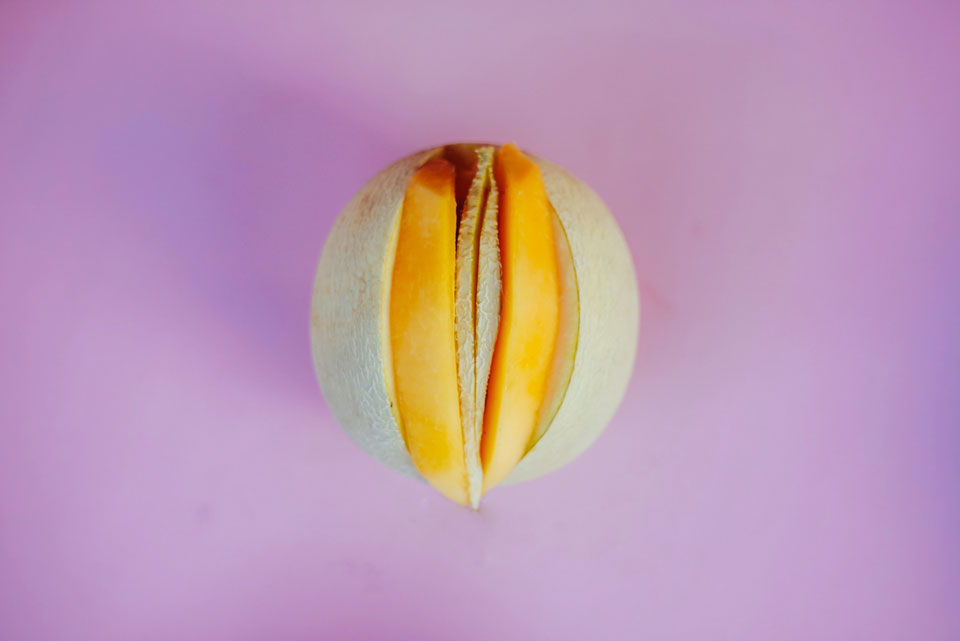

Is genital dryness typical?
When it comes to vaginal dryness during sex or vaginal dryness after sex, over 17% of AFABs (assigned female at birth) between the ages of 18 and 50 report having issues even before menopause sets in. After menopause, vaginal dryness affects more than half of women.
What causes lack of lubrication?
Frequently, a drop in oestrogen levels is accompanied by vaginal dryness. Menopause and ageing both cause this to happen naturally.
When a woman enters menopause, her menstrual cycle stops, and she loses her ability to get pregnant. Your vulva and vagina’s skin and tissues grow drier and less elastic as your oestrogen levels fall, and your vagina may also get thinner.
Vaginal dryness can also be brought on by certain health issues or remedies. Causes of low lubrication include:
- The act of giving birth and breastfeeding.
- Hormone-based birth control, including contraceptive tablets.
- Hormone therapy and chemotherapy are two cancer therapies.
- Diabetes.
- Pharmaceuticals, such as anti-oestrogen drugs (for the treatment of uterine fibroids/endometriosis), certain antidepressants, and antihistamines, as well as treatments for stuffy nose and eye irritation.
- Your ovaries are removed (oophorectomy).
- Dryness can spread throughout your body as a result of Sjogren’s syndrome, an autoimmune condition.
- Lacking sexual arousal.
- Putting scent- or perfume-containing soaps, sprays, or washes near or within your vagina.


Why is my genital area dry during sex?
Typically, lack of lubrication during intercourse is most noticeable. The rubbing and friction that occur during sexual activity can hurt and be uncomfortable if there is insufficient vaginal lubrication. Spend some time becoming totally aroused before having sex. Relax and enjoy some foreplay with your companion.
Additionally helpful is the use of water-based lubricants. Unfortunately, having painful sex might cause you to lose interest in having sex or to become less intimate with your spouse. Discuss your ailment with your spouse, so they can assist you, as humiliating as it can feel.


What’s the sensation of a dry vagina?
Your vagina becomes uncomfortable and painful when it is dry, especially when having sex. A dry vagina can also result in
- Itching and burning.
- Bleeding after sex as a result of the tissues in your vaginal wall rupturing.
- Discomfort in your vulva.
- Yeast infections or UTIs come back frequently.
- An increased need to urinate.
- Not desiring to have sex.
Reduced wetness in your vagina causes your vulvar region to have less wetness (external genitals). This implies that during everyday forms of exercise such as walking or sitting, as well as while putting on your underwear, you could experience dryness or discomfort.
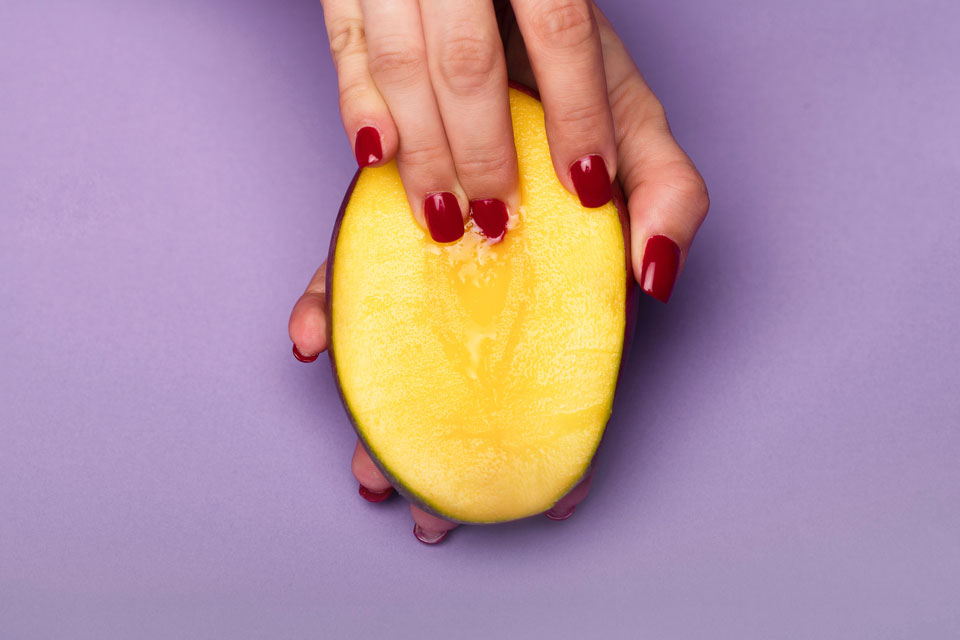

How is a dry vagina diagnosed?
Based on a physical examination and your medical history, medical professionals can identify vaginal dryness. Your physician will inquire regarding your symptoms and any drugs you take in an effort to determine the cause. The following tests might be run by them:
- Examine your pelvis to see your vagina, which could be thin, dry, and red.
- A blood test to ascertain whether a medical issue or hormone imbalance is to blame for the dryness in the vagina.
To rule out further reasons or look for indications of infection, your healthcare professional may also examine a swab of your vaginal discharge.
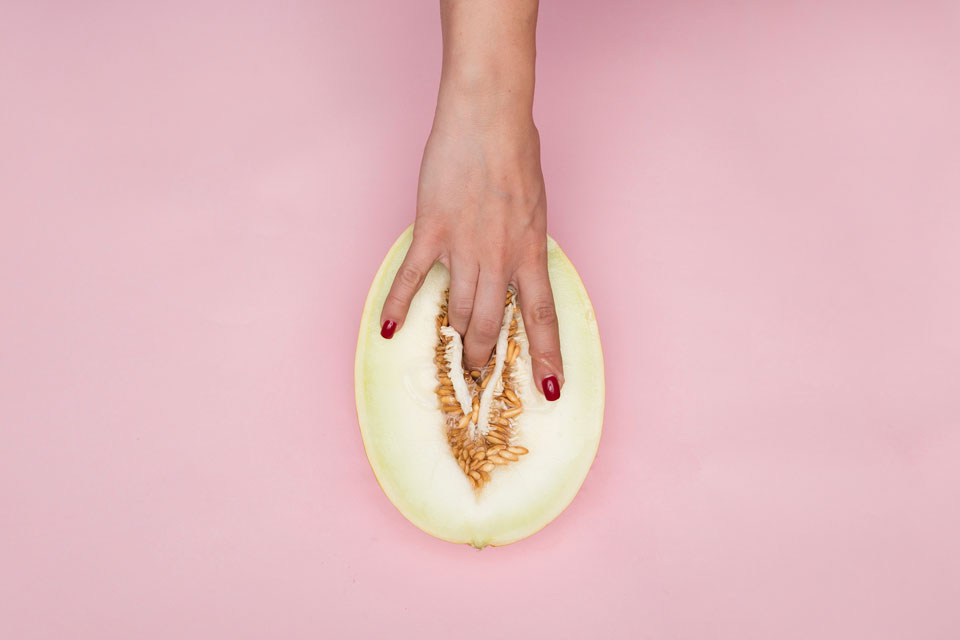

How is dryness in the vagina treated?
Vaginal dehydration and the painful intercourse (dyspareunia) it causes can both be treated in a variety of ways.
Drugs to treat dry vaginal skin
The way that drugs function in your body is by replacing or mimicking oestrogen. They are only accessible with a prescription.
These drugs function by replacing the oestrogen in your body with low-dose oestrogen cream, rings, or tablets. Using an applicator, creams and pills are placed straight into your vagina.
Most prescriptions call for everyday use until you see relief, then weekly usage as required. Your vagina is inserted with rings containing oestrogen for up to 3 months, after which they are changed.
A specific oestrogen modulator (SERM), ospemifene (Osphena), is a medicine that is taken orally. When used to treat pain during sex brought on by vaginal atrophy, it behaves in the body like oestrogen.
Another drug that behaves similarly to oestrogen in your body is dehydroepiandrosterone (DHEA). Menopausal women who experience pain during sex might use this vaginal suppository.
The advantages and disadvantages of medications containing oestrogen or oestrogen-like compounds should be discussed with your healthcare professional. If you have breast cancer or face a high risk of developing it, oestrogen might not be safe for you.
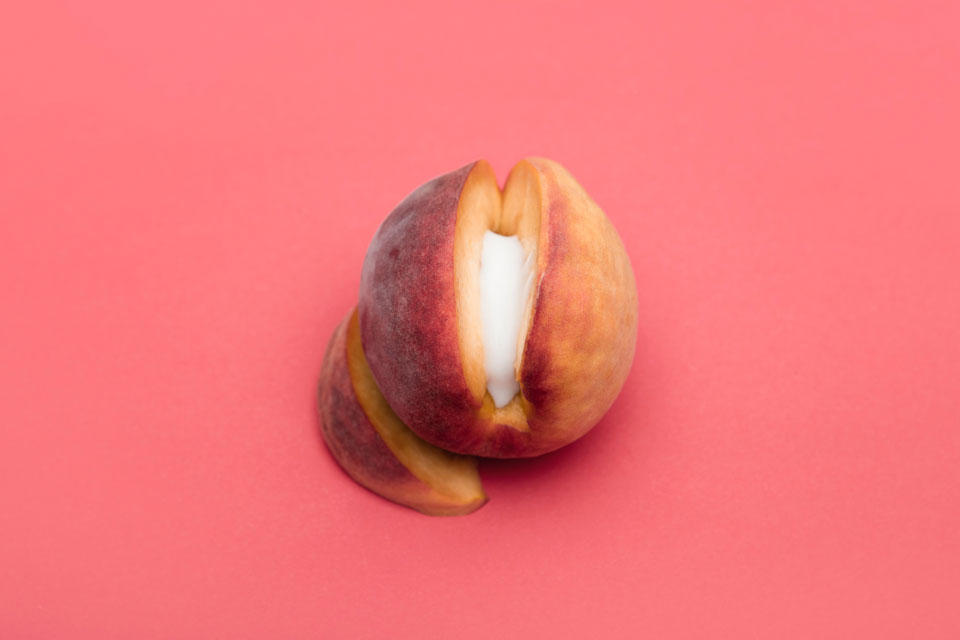

For dry vaginal skin, lubricants, and moisturisers
Without a prescription, shoppers may purchase lubricants and moisturisers in pharmacies or grocery shops. They function by regenerating vaginal tissue and moistening it, which helps lessen sex-related discomfort. You shouldn’t use moisturisers intended for other areas of your body or the face on your vagina.
Vaginal moisturisers:
To maintain a healthy vaginal lining, use vaginal moisturisers to the interior of your vagina on a weekly basis. Luvena®, KY® Liquibeads, and ReplensTM are a few examples.
Apply lubricants to the vagina shortly prior to engaging in sexual activity to reduce any pain. Types of water-based genital lubricants include Astroglide® and KY® Jelly. Additionally, there are lubricants made of silicone and those made of oil.
Source: https://my.clevelandclinic.org/health/symptoms/21027-vaginal-dryness
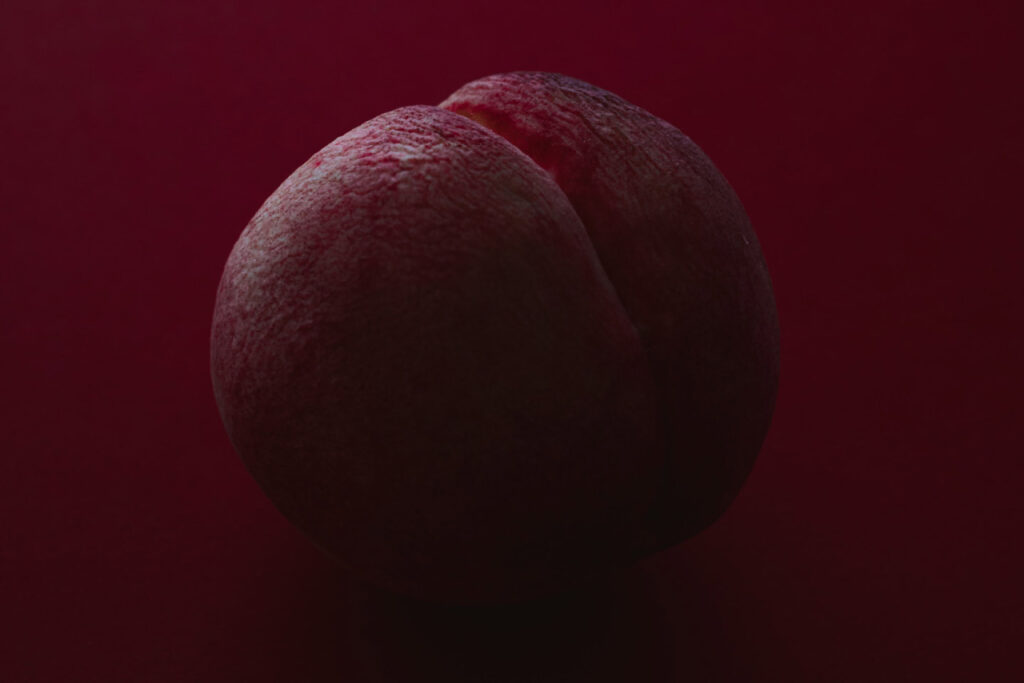

Dryness in the Vagina before Period? Everything You Need to Know
Before their menstruation, many women report having a dry vagina. Dryness has always been a genuine issue, even if it seems that this symptom gets less attention than the famed period pains.
A dry vagina can cause itching and pain. But to make sure nothing more dangerous is present, we always suggest arranging a women’s health exam. A reputable healthcare provider must accurately identify and treat some infections.
A vaginal disease like a yeast infection or cyclic vulvovaginitis may be the cause of your lower-body itching throughout your period. The majority of vaginal infections are mild, and therapy can either make them fade away or relieve symptoms.
Itching in the vagina before a period
Why do I scratch? You understand the discomfort if you’ve ever asked yourself this question. Itchy skin under there can be uncomfortable and inconvenient. You might even have felt ashamed to be exhibiting this discomfort in public.
The day before your menstruation, your vagina may feel itchy or painful. Did you realise that some menstrual products might really cause irritation or frustration? It’s true that sensitive advertising can appear in advertising.
Because of this, we must constantly be extremely cautious, carefully read product labels, use fragrance-free products, and don’t ever douche. The delicate skin back there is severely irritated.
Many irritating symptoms, such as vaginal dryness before the period, might be brought on by the hormonal changes that occur between PMS and our menstruation. But itchiness could be brought on by an infection.
Think about when the itching first began if you suspect an infection. It is crucial to schedule a women’s health assessment if the itching sensation is unusual to your monthly menstrual cycle in order to rule out alternative reasons.
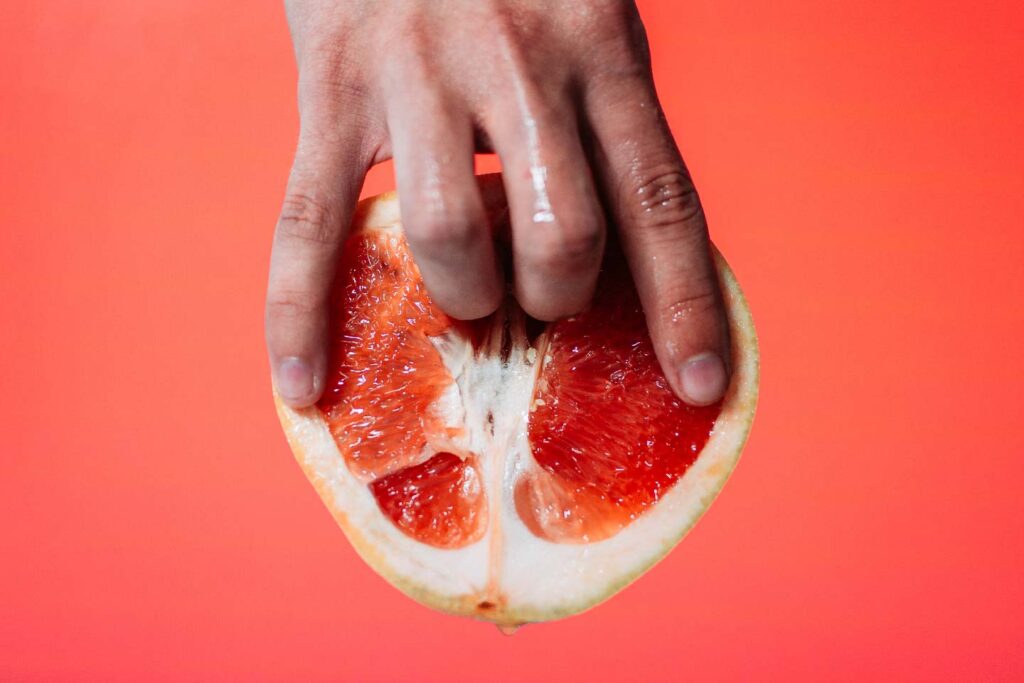

Vaginal Dryness Causes
To resolve the issue at hand, it is essential to identify the precise source of your vaginal discomfort prior to your period. We’ll go through a few of the causes of vaginal itching before your period in greater depth below.
Inflammation
You most certainly encountered bloating if you’ve ever had your period. In fact, your skin becomes more sensitive during your period.
Fascinatingly, some persons with chronic diseases claim that their disease’s effects are worsened throughout their monthly menstrual cycle.
Because of increased inflammation, this has occurred. It’s possible that you have inflammation if you feel pain in your vagina prior to your period.
Drinking plenty of water might help you reduce inflammation while you’re on your period. Your body may be hydrated and dehydrated with the aid of fluids.
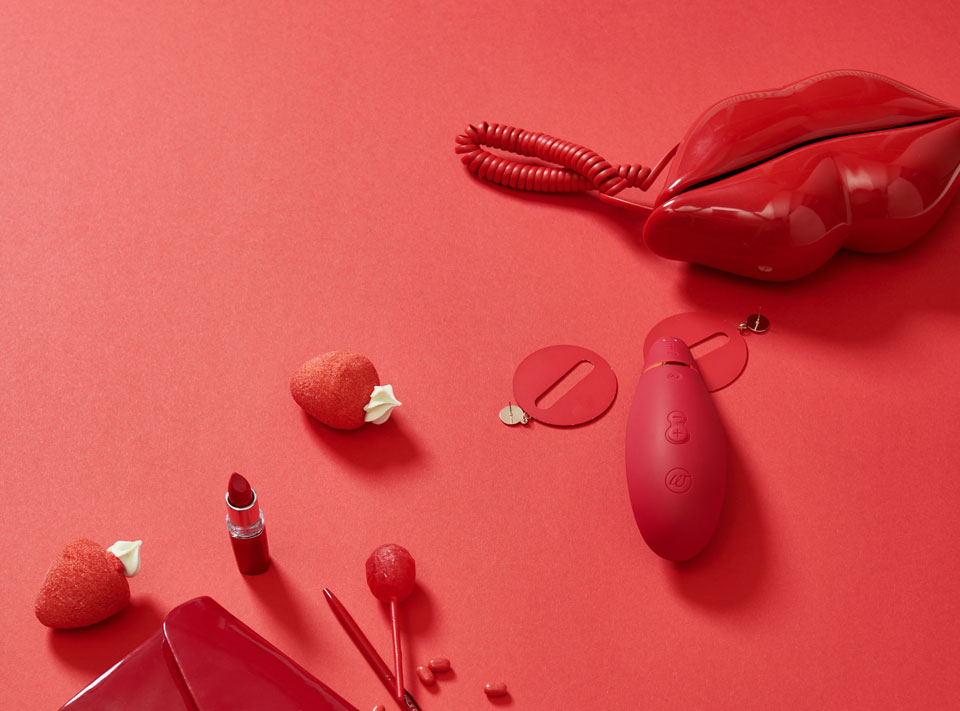

Yeast infection
You understand the difficulty if you have ever had a yeast infection. An infection of the vaginal region by fungi is called a yeast infection.
A probiotic supplement may be suggested by a physician as a way to safeguard your digestive system while taking antibiotics.
The balance of healthy vaginal flora is also maintained by probiotics. A yeast infection is most usually caused by douching, pregnancy, diabetes, or antibiotics.
There are several yeast infections. They frequently result in a thick, white discharge as well as severe itching on the vulva.
Some therapies can be purchased over the counter. A women’s health checkup should be scheduled, nevertheless, if you frequently get yeast infections, in order to ease your suffering.
What is lack of lubrication during pregnancy?
Usually, the mucosal tissue of the vaginal canal keeps the vagina wet and extensible. Such membranes deposit a thin coating of transparent fluid across the vagina.
Changes in hormone levels throughout pregnancy have an impact on how the mucosal lining work, leading to vaginal dryness, which makes the vagina dry and irritable. The lack of lubrication in females can also negatively impact your sexual life by making intercourse painful.
What Leads to Insufficient Lubrication While Pregnant?
A fine coating of mucus is released by the vaginal walls and covers the vagina. The hormone oestrogen, which is in charge of vaginal moisture, supports the health of this vaginal epithelium.
Vaginal dryness throughout pregnancy is brought on by an abnormality in the oestrogen levels. Due to the fast decline in oestrogen levels throughout the first trimester, a dry vagina is relatively typical in the initial stages of pregnancy. A dry, irritated vagina is caused by oestrogen disparities, which lower mucus secretion in the vagina and vaginal epithelium.
How to Manage Vaginal Dryness throughout Pregnancy?
Notify your doctor if you experience dry or irritable vagina during pregnancy. The doctor should recommend a suitable course of therapy after ruling out any further reasons for the dryness. Here are several actions you can do to stop the dryness:
- If you want to clean your vagina, stay away from fragrant soaps and lotions. Douches, perfumed lotions, and long showers should be avoided.
- Put on comfortable, breathable, loose-fitting cotton underclothes. Do not wear underwear with synthetic materials or that is too tight.
- Cleansing with gentle soap and then thoroughly drying it with a towel will maintain your vaginal region clean.
- If you have dry skin, your doctor could advise using an oestrogen cream.
- Before engaging in sexual activity, lubricate with water.
- To maintain moisture in the vaginal area, apply Vitamin E oil or a lotion that has been approved by professionals.
- Be sure to stay hydrated all day long. The vagina would stay moisturized since mucus is 90% water.
Source: https://parenting.firstcry.com/articles/vaginal-dryness-during-pregnancy-causes-treatment/?amp
You may also be interested in:
